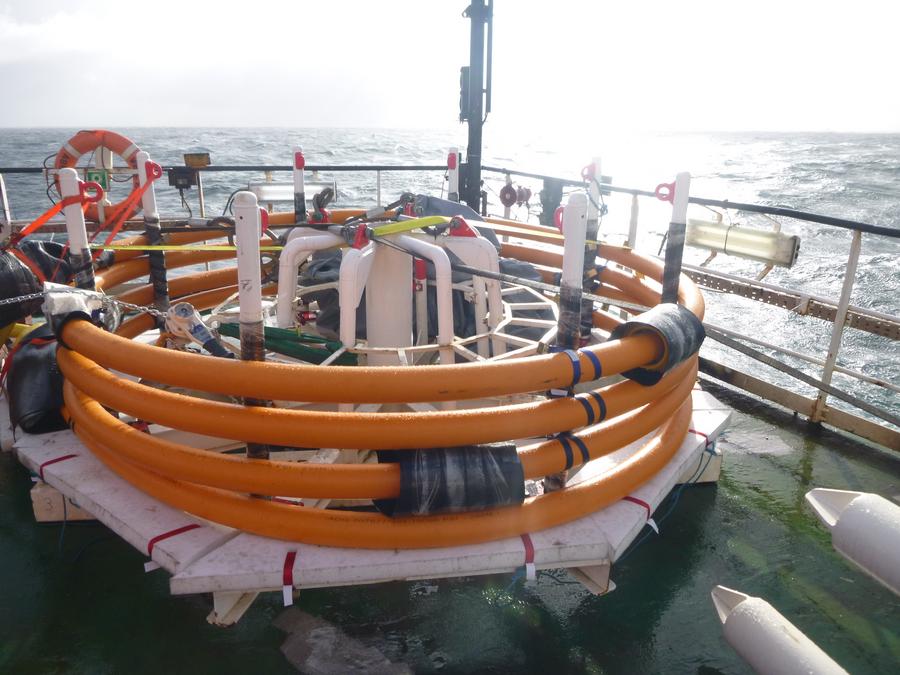
Appointed by Subsea 7 for the design, manufacture and delivery of two Thermoplastic Composite Pipe (TCP) Jumpers, Airborne Oil & Gas has made successful inroads into the Western Australia oil and gas industry with its TCP technology being used for the first time in the region.
With the contract, the Netherlands-headquartered business will supply 2” 10,000 psi TCP Jumpers to be used for Monoethylene Glycol (MEG) injection service. The TCP Jumpers are planned for delivery later this year, and will be deployed in the Julimar field, located approximately 200 km offshore North Western Australia.
This forms part of a wider contract awarded by Australia’s leading natural gas producer Woodside on behalf of the Julimar-Brunello joint venture (Woodside and KUFPEC) to Subsea 7 to design, procure, install and commission a 22 km 18″ Corrosion Resistant Alloy (CRA) gas transmission flowline and an umbilical system.
A global leader in TCP manufacturing, Airborne Oil & Gas’ latest win comes fresh off the back of a number of new contracts such as its most significant flowline contract to date secured in mid-February, where it is set to deliver a record 10 km length of its TCP Flowlines to a supermajor in West Africa.
Fabienne Ellington, Airborne Oil & Gas’ Vice President for Asia-Pacific and Middle East said: “We are extremely pleased to be the first company to deliver TCP technology to the energy sector in the region. As part of our business strategy, we have been focusing on the opportunities in Australia as a major oil and gas hub, as well as an upcoming LNG growth market. This is a landmark win for Airborne Oil & Gas and puts us firmly on the map in Australia.
Subsea 7 is a valued partner to us, and winning this award is testament to the safety, quality and cost-effectiveness of our TCP Jumpers, as well as the proven value that our TCP range of products is delivering.”
Airborne Oil & Gas’ TCP Jumpers were selected based on several unique combined characteristics: light weight, robust and flexible, improved flow assurance, high pressure capacity – while remaining cost competitive.
Christopher Ratajczak, Subsea 7 Vice President for Australia and New Zealand said “This marks another milestone with Airborne Oil & Gas’ TCP technology, which has successfully met our requirements for use in the Julimar project.
Our collaboration further reinforces the strength of our global technology portfolio that allows us to deliver all-round effective solutions to our customers.”
Airborne Oil & Gas’ TCP Jumpers have proven to radically reduce installation, transportation and fabrication costs, outperforming rigid steel pipes and conventional unbonded flexible pipes.
TCP is a non-conductive, non-corrosive flexible pipe that can be installed subsea easily through a subsea pallet, which eliminates expensive metrology and negates the need for two separate vessel campaigns to carry out metrology and then installation. This results in significant cost savings and a more condensed project schedule.
Compared to rigid jumpers, companies have saved up to 50% on overall investment costs and there are significant procurement savings for those who had previously invested in unbonded flexible products.






